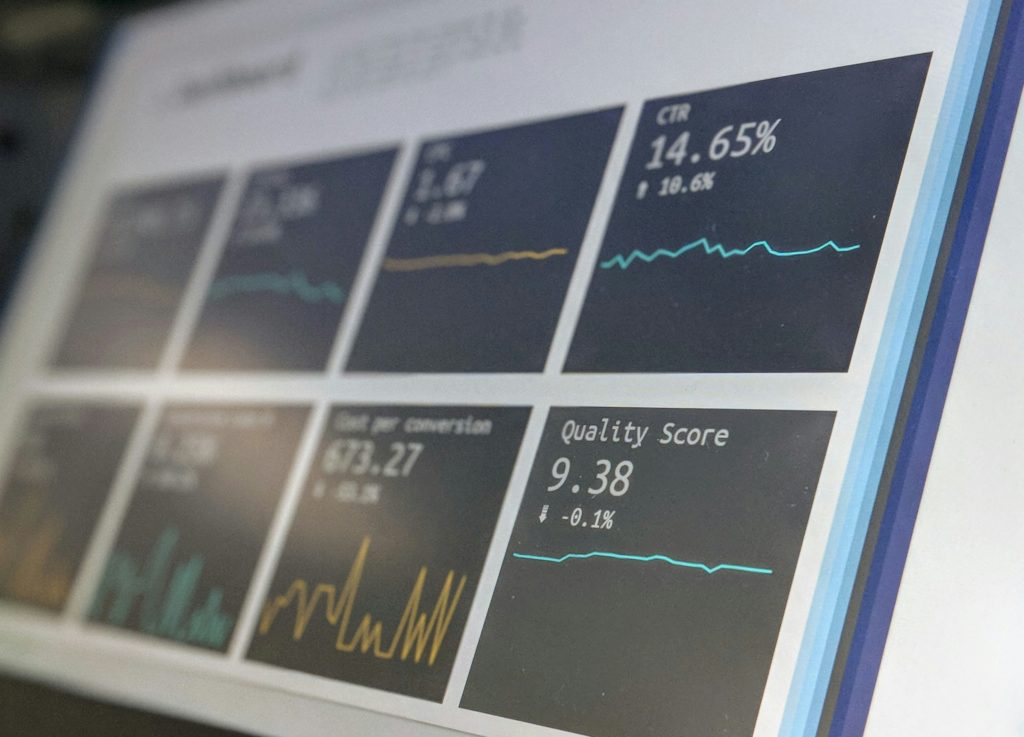By Jamie Kyte
Technology has reshaped the sports industry, unlocking new possibilities for performance enhancement and fan engagement. The global sports technology market, valued at $24.14 billion in 2019, is projected to soar to $65.41 billion by 2027. These advancements empower athletes, coaches, and analysts to push the boundaries of performance. A prime example is Liverpool FC’s collaboration with Google to create ‘Tactic AI,’ a revolutionary system that uses predictive and generative AI to deliver tactical insights. Notably, 90% of human experts preferred Tactic AI’s recommendations over traditional setups, proving the transformative potential of data-driven technology.
Yet, these innovations raise a pressing question: who owns the data powering this progress?

Photo by Stephen Dawson on Unsplash
The Lifeblood of Modern Sport: Athlete Data
Athlete data is a vast and valuable resource encompassing:
- Performance Metrics: Speed, heart rate, distance covered.
- Health and Biometric Data: Injury history and physiological monitoring.
- Tactical Insights: Derived from video analysis of games and training.
This data enables coaches to refine strategies, sports scientists to monitor workloads, and players to identify areas for improvement. However, with great value comes great responsibility—and ethical challenges.
The issue of data ownership is complex. Athletes, as the source of this information, argue for control over their data. Meanwhile, teams and leagues claim ownership, asserting their investment in the technologies used for collection and analysis. Technology providers and governing bodies often add further layers of complexity by asserting intellectual property rights or regulatory oversight.
Legal and Ethical Challenges
Data ownership disputes have increasingly reached the courts. In the UK, data that identifies individuals is protected under GDPR, classifying much of sports performance data as ‘personal data.’ This legal framework applies to sensitive health and biometric data, a focal point of the Charter of Player Data Rights introduced by FIFA and the Fédération Internationale des Associations de Footballeurs Professionnels.
Court cases such as The Racing Partnership v Sports Information Services and Genius Sports v Sportsradar illustrate the ongoing struggle over who can collect and distribute data. A notable recent example is IMG Arena’s lawsuit against Stats Perform in 2023, accusing the latter of unauthorized data collection from leagues under exclusive contracts with IMG. The case could shape the future of sports data rights, particularly in betting and broadcasting.

Photo by Emanuel Ekström on Unsplash
Moving Forward
As the sports industry continues to evolve, the question remains: How can we balance the immense value of athlete data with the need to protect privacy and ensure fairness? The resolution of ownership disputes, ethical considerations, and collaboration among stakeholders will shape the future of data in sports.

J.L.Kyte@bham.ac.uk
